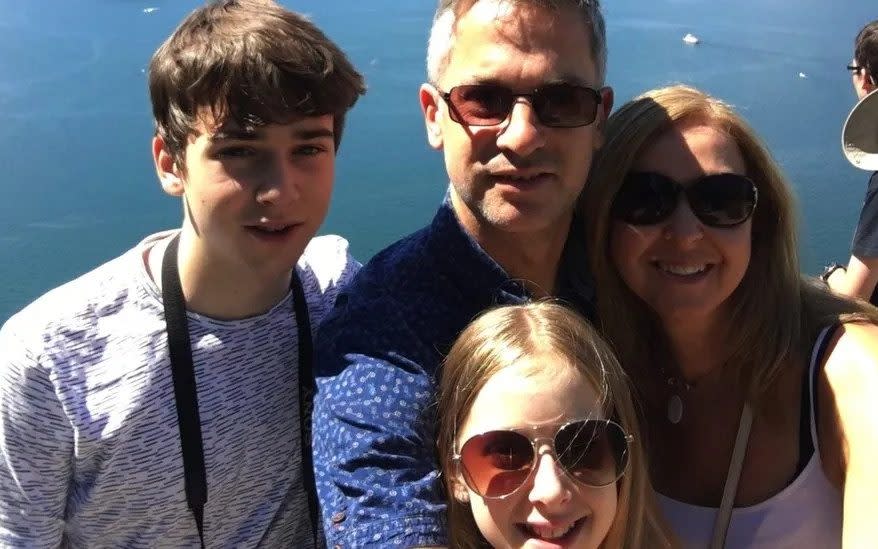Inquest delays force parents to conduct own investigation into son’s overdose

The parents of an autistic teenager who died from an accidental overdose say they were forced to investigate how he died because of delays over his inquest.
Will Melbourne, 19, died after mistakenly taking metonitazene, a strong synthetic opioid he bought on the dark web, but his family had to wait three years for his inquest.
During that time, they were helped by a barrister, acting pro bono, who helped them investigate their son’s death.
“We thought the inquest system was there to give us answers,” his mother Sally Melbourne told the BBC. “Instead, we felt blocked at every turn. It was outrageous that we had to take the investigation on ourselves.”
Their case follows the disclosure by The Telegraph last month that 5,000 bereaved families have been waiting more than a year for an inquest even though they are normally required to be completed within six months of a death.
This is double the number before the pandemic with a third of them being forced to wait more than two years before securing a verdict on their loved ones’ deaths. Some are said to have been forced to wait for up to seven years.
Solicitors specialising in representing bereaved parents said it lengthened families’ anguish and could also undermine justice because witnesses would be less likely to be able to recall the detail of events.
Judge criticises ‘unacceptable’ funding
The figures were revealed by Judge Thomas Teague, the chief coroner, who said they largely stemmed from the chaos caused by the Covid-19 pandemic when inquests had to be adjourned because of restrictions to combat the spread of the disease.
But he also criticised some local councils for “unacceptable” levels of funding that compounded the problems that coroners faced in trying to reduce the backlogs.
Mrs Melbourne and her husband John, from Cheshire, said the long wait for the inquest into their son’s death put their lives and their grief on hold.
At the pre-inquest hearing, the family were told that the court was short-staffed and had a backlog of 500 cases, which had built up over the pandemic.
They said they only discovered what drug their son had taken before he died, on 18 Dec 2020, after investigating his death with one of his friends – including examining photographs that showed the scene of Will’s death.
They said a vital piece of evidence – the packet of blue pills found next to Will’s body – was not tested until they raised it with the coroner’s court a year after his death.
Will was self-medicating for his anxiety and had used the dark web to buy what he believed were oxycodone, an addictive opioid that helps ease the symptoms of anxiety.
But after investigating it themselves, his parents found out that the two blue pills he took, marked M30, were not oxycodone but metonitazene – a synthetic opioid hundreds of times stronger than morphine.
Their son’s blood sample was destroyed after the company storing it went into administration, and by the time it came to the inquest, the family said they felt traumatised by the whole process.
‘He just wanted an escape’
Described by those who knew him as a “genius”, Will had been hoping to study mathematics at Cambridge. His parents said he was funny, passionate and loved his friends and family.
He was also autistic and battled with crippling social anxiety. Diagnosed at the age of eight, his parents said he received little support from any services.
They said the world could be extremely challenging for Will, and by the time he was in his mid-teens, his anxiety had developed into severe depression. “He just wanted an escape from the pain,” his mother said. “He was self-medicating with drugs.”
Warrington Coroner’s Service said it was not permitted to comment.
A government spokesman said: “We are determined to ease the burden on grieving families and have taken decisive action to reduce coroners’ caseloads which increased as a result of the pandemic.
“This includes changing the law to make it faster and easier to establish a death is from natural causes without the need for a post-mortem and investing £6.15 billion to help local authorities’ services, including coroners, recover.”

